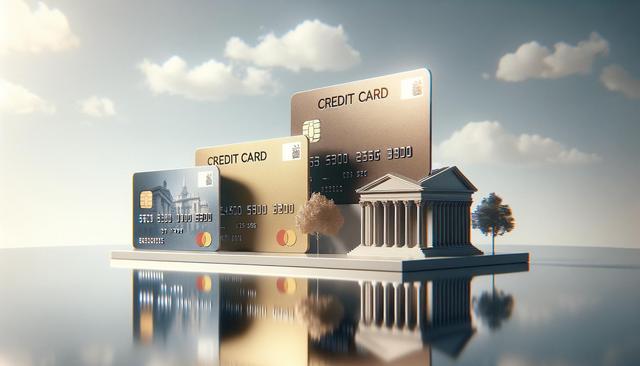
How to Compare Credit Cards in the UK: A Practical Guide
Understanding the Types of Credit Cards Available
Before making any comparison, it’s important to understand the different types of credit cards available in the UK. Each type serves a specific purpose and suits particular financial needs. Common categories include:
- Purchase credit cards – ideal for spreading the cost of large purchases
- Balance transfer credit cards – suited for consolidating existing credit card debt
- Travel credit cards – useful for frequent travellers due to reduced foreign transaction fees
- Reward or cashback credit cards – offer incentives for frequent usage
- Credit builder cards – designed for individuals with limited or poor credit history
Knowing the differences helps narrow down your choices. For instance, if you’re looking to reduce interest on existing debts, a balance transfer card with a long 0% interest period may be more beneficial than a rewards card. Your personal financial situation will largely determine which type of card is most suitable for your needs.
Key Features to Compare When Choosing a Card
When comparing credit cards, it’s essential to look beyond marketing headlines and focus on key features that impact your daily use and long-term financial health. Here are some elements to consider:
- Annual Percentage Rate (APR) – the total cost of borrowing, including interest and fees
- Introductory offers – such as 0% interest periods on purchases or balance transfers
- Fees and charges – including annual fees, late payment charges, and foreign usage fees
- Credit limit – the maximum amount you can borrow, which varies based on your credit profile
- Eligibility criteria – including income requirements and credit score
Comparing these features side-by-side helps you identify which card provides the best value for your situation. It’s also worth checking if the card offers any additional perks like travel insurance or fraud protection.
Using Comparison Tools and Resources
There are several tools available online that can simplify the process of comparing credit cards in the UK. These comparison platforms allow you to filter options based on your specific needs, such as low APR, rewards, or balance transfers. Some also offer eligibility checkers that perform soft credit checks, helping you understand your chances of approval without affecting your credit score.
Benefits of using comparison tools include:
- Quickly viewing multiple card options side-by-side
- Filtering results by features that matter to you
- Accessing user reviews and expert ratings
- Understanding any hidden fees or terms
Although these tools are highly useful, it’s important to cross-reference information with the official credit card provider’s website to ensure accuracy and up-to-date terms.
How Your Credit Score Affects Your Options
Your credit score plays a significant role in determining what credit cards you’re eligible for and what terms you can receive. Lenders use your credit history to assess your reliability as a borrower. A higher score usually translates to better terms, such as lower interest rates and higher credit limits.
To improve or maintain a good credit score, consider the following practices:
- Paying bills and credit card balances on time
- Keeping credit utilisation low (aim for below 30%)
- Avoiding multiple credit applications in a short period
- Regularly checking your credit report for inaccuracies
If your credit score is low, you may still qualify for credit builder cards. These typically come with higher interest rates and lower limits but can be a stepping stone to more favourable products once your credit improves.
Responsible Usage and Long-Term Considerations
Once you’ve selected a credit card, how you use it can significantly impact your financial well-being. Responsible usage includes paying off your full balance each month to avoid interest, staying within your limit, and avoiding cash withdrawals which often incur high fees and interest rates.
Other long-term considerations include:
- Reviewing your card’s terms periodically to ensure it still meets your needs
- Switching cards if better options become available
- Understanding how your usage affects your credit score
- Being aware of reward expiration dates or changes in benefits
Using credit cards wisely can provide flexibility, convenience, and even financial rewards. However, misuse can lead to debt accumulation and credit damage. Always align your card usage with your budget and financial goals.
Conclusion
Comparing credit cards in the UK requires a thoughtful approach that balances your immediate needs with long-term financial planning. By understanding the types of cards available, evaluating key features, using comparison tools, considering your credit score, and using the card responsibly, you can select an option that supports your financial health and lifestyle. Whether you’re looking to manage debt, earn rewards, or build credit, the right card is out there – it just takes a bit of research and clear prioritisation.